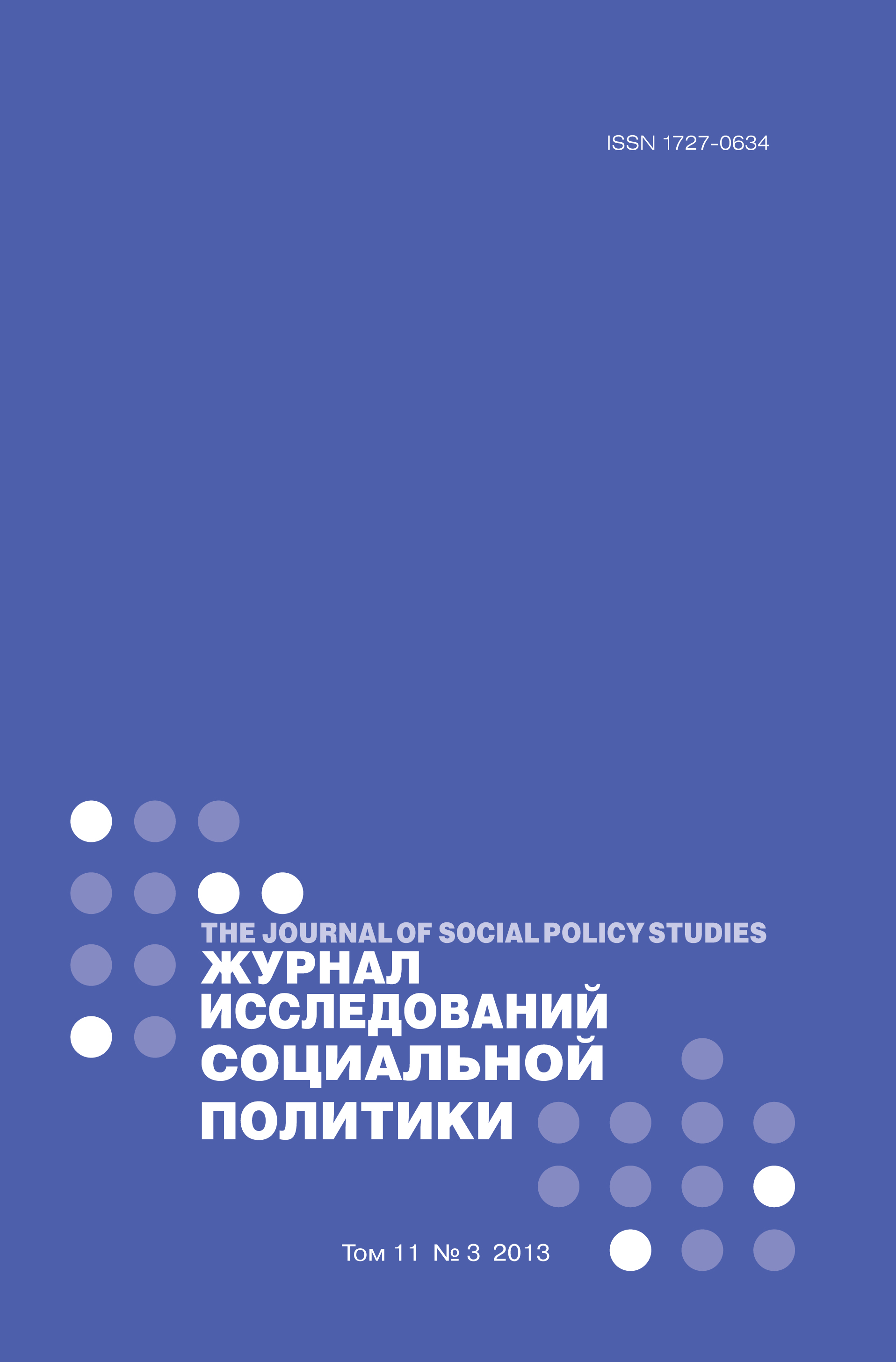Teachers’ Communities: Self-Organization and Influence
Abstract
The role of education is of particular importance in regards its key influence in the socialization of individuals into effective and competent citizens. In Russia, education has been the subject of much debate and reform efforts, particularly in the creation of a separate national project of education reform with the aim of fostering reorganization and modernization. One aspect of this is development of the profession of schoolteachers. It is only through the emergence of a professional teaching profession that necessary consultation and feedback can be received to build the compromises needed for the coordination of education reform. The development of such professions must be seen as one of the key factors behind the formation of social identity and responsibility, alongside the increase in respect and prestige for the given profession in society as a whole. The maturing of this profession can be monitored through analysing the work of professional organisations and societies. The aim of this article is to present the results of a case study of schoolteachers’ professional self-organizations and make conclusions on socio-economic status of the professional group. The presence and activity of public professional organizations and their contribution to the furthering of the development of the schoolteacher are assessed. The level of teachers’ involvement in their own professional organizations, the real practices to be found in these groups and their expectations about their own social role and activities of the organization are examined. The conducted research demonstrates a relatively high level of teachers’ participation in professional organizations but that, in actual fact, the influence of these organizations is limited. Their activities mostly relate to solving problems within the professional group but do not extend to any considerable cooperation with other professional groups, the state or the local community. Teachers are shown to feel a lack of prestige in society for their profession and do not have any faith in the ability of their professional organisations to influence the conduct of teaching in Russia in any serious way.















